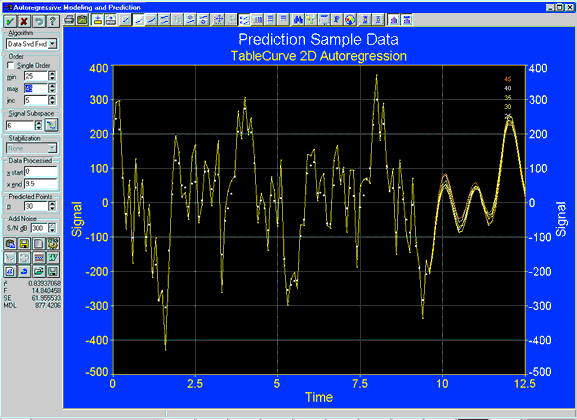

"Investigations of subsurface conditions are made for the purpose of design, and the State assumes no responsibility whatever in respect to the sufficiency or accuracy of borings or of the log of test borings or other preliminary investigations, or of the interpretation thereof, and there is no guaranty, either expressed or implied, that the conditions indicated are representative of those existing throughout the work. "Where investigations of subsurface conditions have been made by the State in respect to foundation or other structural design, and that information is shown in the plans, said information represents only the statement by the State as to the character of material which has been actually encountered by it in its investigation, and is only included for the convenience of bidders. are found in the plans and specifications prior to the date of bid opening, bidders shall submit a written request for a clarification. He shall receive no additional compensation for any obstacles or difficulties due to surface or subsurface conditions actually encountered. Section 4 of the General Conditions read, in pertinent part: "Examination of Plans, Specifications and Site of Work: The bidder shall examine carefully the site of the work and the plans and specifications therefor, and shall satisfy himself as to the character, quality, and quantity of surface and subsurface materials or obstacles to be encountered. It held, pursuant to that section, that the state as a matter of law could not be deemed to have warranted the condition of the job site by its representations in section 1A-12 of the Special Conditions.
#Tablecurve 2d v5 01 crackle trial#
The trial court sustained the demurrer and entered its judgment after taking judicial notice of section 4 of the General Conditions of the contract between the parties. A third cause of action, on a common count, derives its validity or lack thereof from the propriety of either of the first two causes of action. A second cause of action alleged the same facts on a theory of implied warranty. Damages are alleged in the amount of $28,750, proximately caused by the misrepresentation of site conditions. Although plaintiff admits to inspecting the site, it alleges that it was unable to discover facts to contradict the representations, and that it relied upon those representations in submitting the bid that became the basis for the contract. It is further alleged that the state knew or should have known that the representation was false, because of the state's superior knowledge of the site. The complaint alleged further that the Special Condition was false in that it misrepresented the true character of the site, and that the boulders found were substantially larger and more concentrated than represented. The dispersion of boulders varies from approximately six feet to twelve feet in all directions, including the vertical." (Italics added.) Boulders which may be encountered in the site grading and other excavation work on the site vary in size from one foot to four feet in diameter. The soil is composed of granite boulders, cobbles, pebbles, and granite sand. The site is situated on a terminal moraine. Special Condition 1A-12 provided: "SPECIAL SITE CONDITIONS. The complaint alleged that plaintiff and the Department of Public Works contracted in 1962 for the construction of the Mono-Inyo Conservation Facility in accordance with plans, specifications and special conditions attached to the written contract. The damages are alleged to have resulted from the state's misrepresentation or warranty as to subsurface conditions the contractor would encounter in excavating for the facility.

Morrill Company, as general contractor for the construction of a facility for the State of California, appeals from a judgment of dismissal after the trial court sustained, without leave to amend, the state's demurrer to a complaint for damages for the costs of performing additional subsurface rock excavation pursuant to the contract.


 0 kommentar(er)
0 kommentar(er)
